Author: Andrew Hamilton
There are more than 200 results, only the first 200 are displayed here.
-

AUSTRALIA
- Andrew Hamilton
- 13 March 2024
In the face of developments where the commons are intruded upon for private profit and economic efficiency, we need to treasure such unfashionable concepts as the commonwealth, the common good and the houses of commons – the places for deliberation and decision where what is in the common interest is given priority over the benefit of the few.
READ MORE
-

AUSTRALIA
- Andrew Hamilton
- 07 March 2024
Generosity is most heartwarming when it is a habit. We see it in people whose first inclination is to give something to a beggar, to stop and listen to a hard luck story, to think first of persons affected by war and economic crises and only secondly to policy, to welcome people into their homes and to go out of their way to help.
READ MORE
-
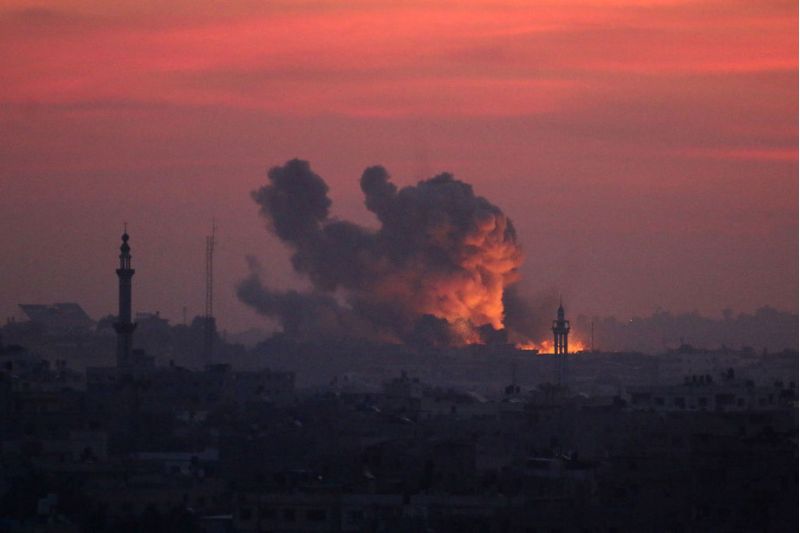
INTERNATIONAL
- Andrew Hamilton
- 07 March 2024
4 Comments
By day, Gaza is news and images in the media. During the day, we nod as we see the plausibility of all the arguments. But sometimes at night, we may hear again the voice of lamentation, weeping and great mourning.
READ MORE
-
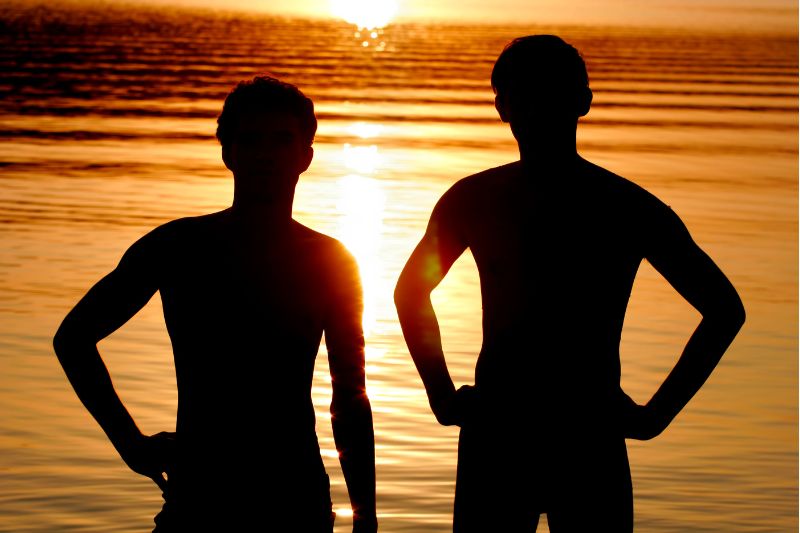
AUSTRALIA
- Andrew Hamilton
- 29 February 2024
6 Comments
To encourage young men to adopt a more fully human understanding of what it means to be a man and to live by more expansive rules is an urgent task. It lies at the heart of reducing the level of domestic violence.
READ MORE
-
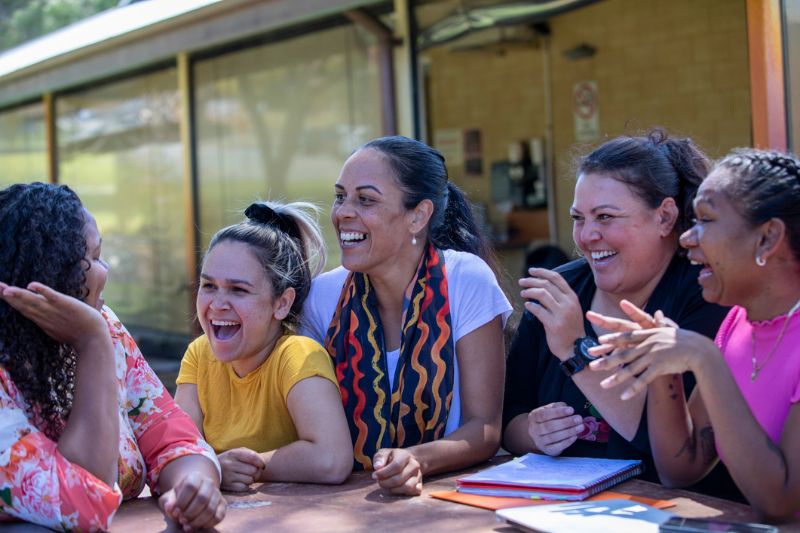
AUSTRALIA
- Andrew Hamilton
- 29 February 2024
In our more routine lives, most of us have people and groups whom we ignore, we instinctively look down on and we keep away from and people whose beliefs we scorn. We need to be attentive to the people who are commonly regarded as second-class citizens.
READ MORE
-
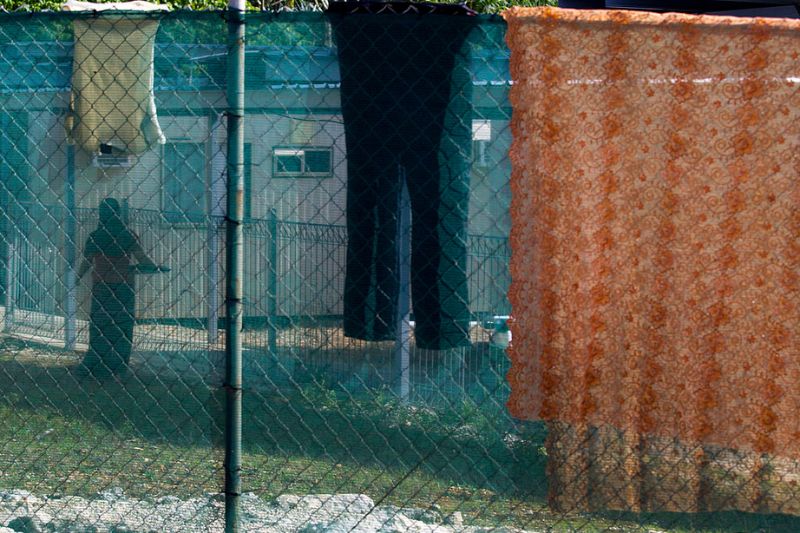
AUSTRALIA
- Andrew Hamilton
- 22 February 2024
If the treatment of persons is unethical, it will inevitably lead to ethical corruption in the people and the institutions involved in administering it. It is almost impossible to participate in a policy based on such unethical premises without being complicit in it. If we do, we become blinded to what we owe one another by virtue of being human.
READ MORE
-

AUSTRALIA
- Andrew Hamilton
- 20 February 2024
In an individualistic culture, Lent could be seen as an individual practice of self-betterment. Historically, however, it was a communal activity designed to make the community more attentive and aware of those around them and of their world.
READ MORE
-

INTERNATIONAL
- Andrew Hamilton
- 19 February 2024
2 Comments
The heroine of last week’s most diverting news story was a cow when she and her minders were refused entrance into St Peter’s Square in Rome. Ercolina’s mission was to protest against the low prices and excessive regulation of farming In Italy, highlighting how economically more efficient production has come at a cost to a way of life.
READ MORE 
-
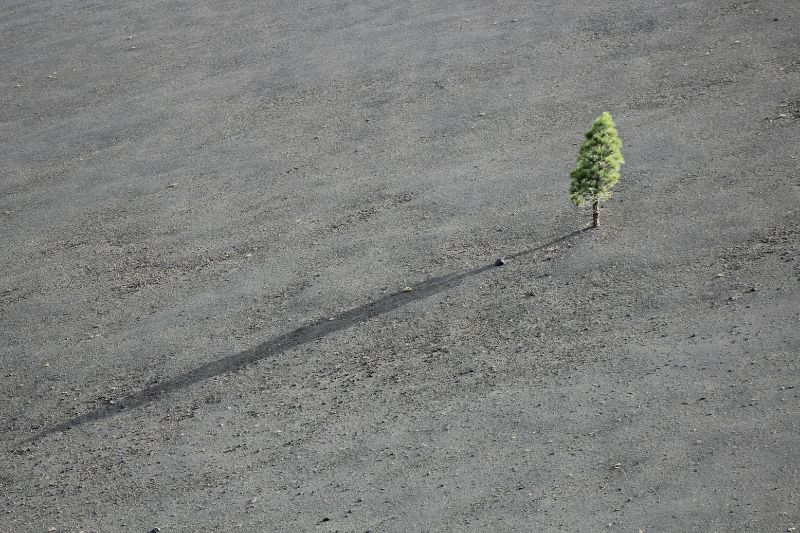
AUSTRALIA
- Andrew Hamilton
- 14 February 2024
Lent is a time of asking what matters and on commitment. It is a time of grounding, on awareness of the ground and the ash on which we stand, and of focusing on what is important. That being grounded underlies the idea of humility, of being earthed with one’s bare feet on the soil.
READ MORE
-
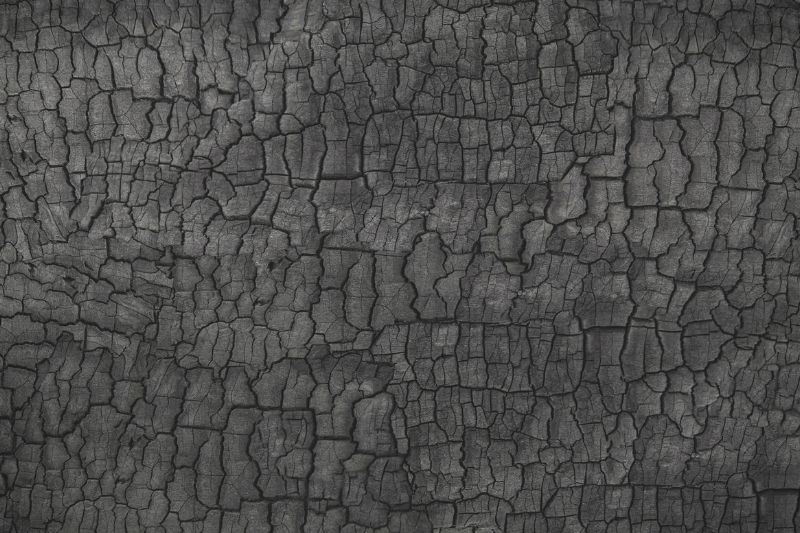
RELIGION
- Andrew Hamilton
- 13 February 2024
5 Comments
In a world grappling with war, inequality, and environmental devastation, can a celebration of sacrifice offer hope? For a secular Australia, the relevance of Lent may lie in bridging the gap between a seemingly dehumanizing act and the profound belief in the preciousness of human life. Can this paradoxical notion inspire action to heal the wounds of our world?
READ MORE
-
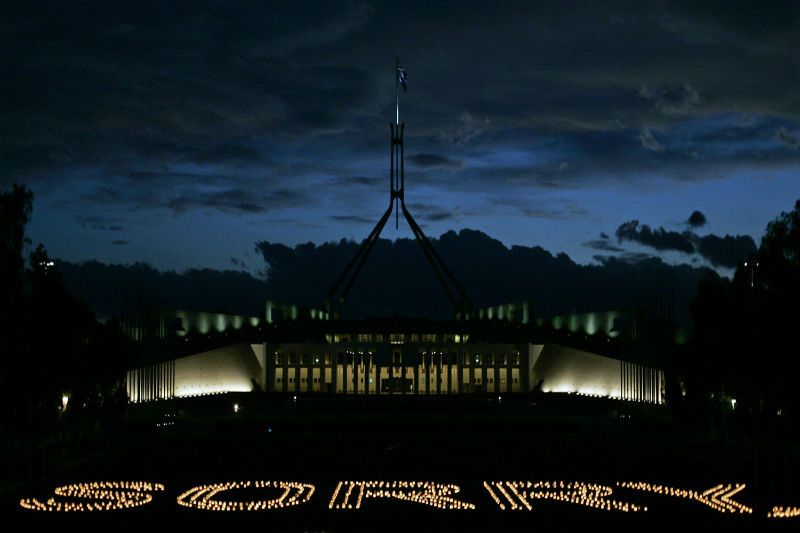
AUSTRALIA
- Andrew Hamilton
- 08 February 2024
3 Comments
Kevin Rudd's Apology to the Stolen Generations in 2008 seems to belong to a different age. It can never be unsaid. It can, however, be disregarded. For that reason it continues to be important. It is a measuring stick by which both Parliamentary behaviour and the treatment of Indigenous Australians can be judged.
READ MORE
-

AUSTRALIA
- Andrew Hamilton
- 31 January 2024
4 Comments
What links the debate about the conduct of the war between Israel and Hamas in Gaza, the detention of children in a crowded and under-resourced Cairns watch house, and British legislation to send asylum seekers to Rwanda?
READ MORE